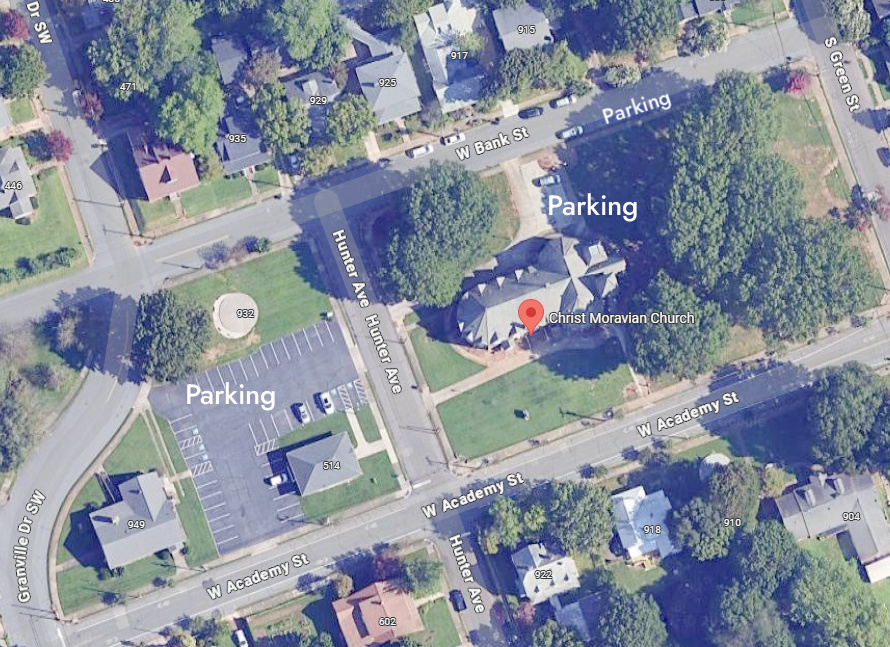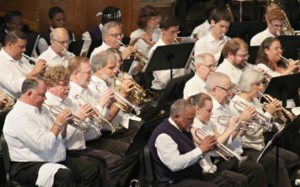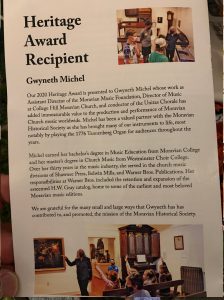The Moravian Music Foundation preserves, shares, and celebrates Moravian musical culture.
We have just completed the Lenten season, when self-examination seems appropriate. I am reminded of the Moravian pastor who would greet everyone with the simple question, “How is your soul?”
Self-examination can, of course, become obsessive; but it can also be a very healthy practice. And it’s comforting to know that many whom we revere have undergone their own trials in this respect.
Think of Johann Friedrich Peter, known as perhaps the most accomplished of the American Moravian composers. Serving faithfully as a pastor, teacher, and director of music in many American congregations, including Nazareth, Bethlehem, Lititz (PA), Salem (NC), Graceham (MD), Hope (NJ), Mountjoy (Donegal, PA), and Bethlehem; composing nearly 100 beautiful sacred works for worship; crafting the 6 ground-breaking string quintets, perhaps the first chamber music written in this country; teaching countless young people; copying many compositions and bringing them to America, thus preserving what are the only-known copies of many of them … There are so many contributions he made not only to Moravian music, but to musical knowledge, and to the wider musical world through his teaching. He is truly worthy of our emulation.
And yet … and yet. His Lebenslauf shows that self-examination was a core part of his character, even from his youth. And there’s that one sentence that brings us pause, written concerning his time in Bethlehem in the later 1770s. The German is a bit challenging: “Es hätte mir nämlich meine musicalische Gabe bald gefährlich werden können; ich merkte, dass dieselbe von der Welt geschätzt und mir heimlich zugesetzt wurde.” Daniel Crews renders this in English as: “Namely, my musical gift could soon have become dangerous to me; I noticed that this was valued by the world and it was secretly affecting me.”
And so we ponder. Did Peter worry that he might be composing for the wrong reason – for his own personal gratification and the admiration he would receive, rather than solely for the glory of God and the strengthening of God’s people in faith? I suspect that if he had come to the conclusion that he was indeed doing so, his solution would have been simple (yet very hard) – to quit writing music. I know you join me in being grateful that he was able to overcome this tension in his own heart and continue writing music.
And, in this Easter season, I invite you to join me in similar self-examination. What are the things we do well, for which we receive praise? And why are we truly doing them? May we emulate Brother Peter in his search for purity of heart, as well as in his faithfulness and industry, in his attention to detail, and in his love of his Lord.
Next time … Upcoming concerts: the Music of Margaret Sandresky (Winston-Salem), and the Unitas Chorale (Bethlehem)!






Leave a Reply